Understanding DJI’s Response to Recent Security Research Findings
In the ever-evolving landscape of technology and security, DJI has recently issued a statement addressing findings from security researchers regarding potential vulnerabilities in its applications. This response comes amidst heightened scrutiny and aims to provide clarity on the matter while reinforcing DJI’s commitment to customer privacy and software integrity.
Key Takeaways
- DJI places a high value on the security of its applications and the privacy of user data.
- Recent findings noted hypothetical vulnerabilities that do not deter from established findings by the U.S. Department of Homeland Security and Booz Allen Hamilton.
- The company actively encourages responsible disclosure of security vulnerabilities through its Bug Bounty Program.
- DJI’s systems empower users to control their data sharing practices, promoting transparency.
- DJI calls for industry standards that prioritize drone data security, emphasizing a collective approach to safety and security for all users.
DJI’s Commitment to Security
DJI has consistently advocated for robust security measures within its products. Addressing the recent reports, the company highlighted that the identified vulnerabilities were theoretical and have not been proven to be exploited in real-world scenarios. Moreover, DJI emphasizes that assessments conducted by reputable entities, such as the U.S. Department of Homeland Security, have found no evidence of unauthorized data transmission from its applications targeted at government and professional clientele.
Software Update Approach
The security researchers’ findings primarily revolved around standard software concerns. Notably, DJI articulated the importance of its app update protocol, which aims to prevent users from operating modified versions of the application. This proactive measure helps protect users from potential risks associated with hacked software that seeks to bypass essential safety features like geofencing.
Empowering Users with Control
A central aspect of DJI’s offering is giving users full autonomy over how they share their data, including photos, videos, and flight logs. The company’s consumer applications are designed to integrate seamlessly with social media platforms, yet users are only prompted to share content when they choose to do so actively. Thus, while interactive engagement is encouraged, it remains voluntary and under the user’s control.
Collaboration with the Research Community
DJI has established a Bug Bounty Program, a pioneering initiative in the drone manufacturing industry that rewards researchers for responsibly disclosing security issues. With rewards reaching up to $30,000, this program fosters collaboration and enables DJI to enhance its software by leveraging insights from security experts worldwide.
Addressing Specific Concerns
DJI mentioned various critical points in response to the researchers’ findings. For instance, the claim regarding the DJI GO 4 app restarting itself without user input is currently under investigation, with DJI seeking to understand the discrepancies in conclusions drawn by researchers. Furthermore, the company clarified that components identified in the report have been previously removed from their applications following earlier security assessments.
A Call for Industry Standards
In light of these developments, DJI expressed its ongoing support for the establishment of industry standards that prioritize drone data security. The company believes that a collective approach to safety will create greater confidence among drone users while addressing pertinent security concerns.
Through this comprehensive response, DJI reaffirms its dedication to not only maintaining the integrity of its products but also ensuring that the privacy and safety of its users remain a top priority. The engagement with the research community, coupled with a commitment to transparency and user control, positions DJI as a leader in the realm of drone technology and data security.


